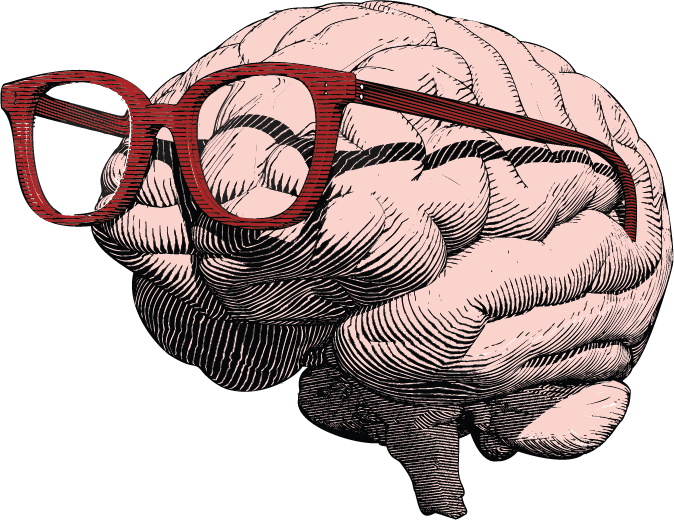Fay Lin: PhD Candidate at UC Los Angeles
Fay Lin is a 5th-year Biochemistry PhD student at the University of California Los Angeles, where she works at the intersection of computational biology and immunology. For her dissertation research, she is using computational techniques to understand how our immune system can use the same molecular triggers to respond to a multitude of threats. For example, the protein NF-kB travels to the cell’s nucleus and instructs the cell to transcribe particular genes. However, this protein can be activated by many different stimuli. These different inputs will change activity levels of different target genes and instigate different kinds of immune responses. Fay explains that NF-kB isn’t just turned on once. Instead, it’s switched on and off at different rates; these different activation patterns are what lead to distinct patterns of gene expression. She uses mathematical modeling to gain a better understanding of these dynamics, which she hopes will lead to new therapeutics.
Since computational biology is a relatively new field, training programs like Fay’s have only emerged recently. As an undergraduate, Fay had to learn about computer science and biology from separate classes. While she had plenty of expertise in coding, it wasn’t until she started graduate school that she had to use it to answer biological questions. But in her opinion, computational biology opens up so many new doors, especially in combination with more traditional experimental approaches. Fay explains that modeling allows researchers to test thousands of possibilities with code, then design experiments to confirm and extend the most interesting results.
“When I came into graduate school,” Fay says, “I didn’t imagine that I would be working with math models and looking at immune responses.” She credits her lab mates, including her mentor, for their “contagious” enthusiasm, and for generating an environment that made her want to learn more about the subject. “I’m thankful to work with a great advisor,” she adds. “It was really the enthusiasm and willingness of my advisor to mentor me and provide me with these skills that made me interested.”
Advocating for Mental Health in Academia
But not everyone in a graduate program has access to similarly amazing mentorship. Without that, it can be difficult to overcome some of the most pernicious cultural aspects of life in academia. According to Fay, systemic issues such as discrimination on the basis of race, gender identity, and ability, actually “prevent fantastic potential researchers from jumping into science and [can] even push them out of science.” She feels that graduate education is structured to teach trainees that “you have to sacrifice wellness if you want to be a respectable scientist.”
Over the last year, Fay has become a prominent mental health advocate, championing the improvement of graduate training and working conditions within academia. “I talk a lot about how we can improve the system,” she says “so we that can make science accessible for everyone and to keep amazing people in the field.” Fay’s journey to advocacy started when she tweeted about her own experiences with depression and the systemic issues she observed with academic training. While she was bracing herself for push back, she says that she “was really amazed by the amount of support and positive feedback” that she got. In addition to delivering her message through Twitter, Fay co-hosts Grad Chat, a weekly YouTube Live series which aims to help graduate students connect and share mental health resources.
We can make this system a better place for everybody and ultimately making academia better in these areas will benefit everyone.
Fay Lin
How would Fay change academia to make it healthier, more accessible, and less stigmatizing? She acknowledges that any reform will take a long time. However, she would start by changing the incentive structure for professors. She thinks it’s time for schools and departments to hire and offer tenure to scientists based on their ability as mentors, not just their proficiency at securing funding and their publication record. “We can make this system a better place for everybody,” Fay says, “and ultimately making academia better in these areas will benefit everyone.”
Fay’s Favorite Books
Once a Scientist is made possible by support from our listeners! Each week, we ask our interviewee to tell us about their favorite books. If any of these reads catch your eye, you can support the show by using the links below to buy a copy for yourself!
Notes for this episode were written by Sam Asinof.
